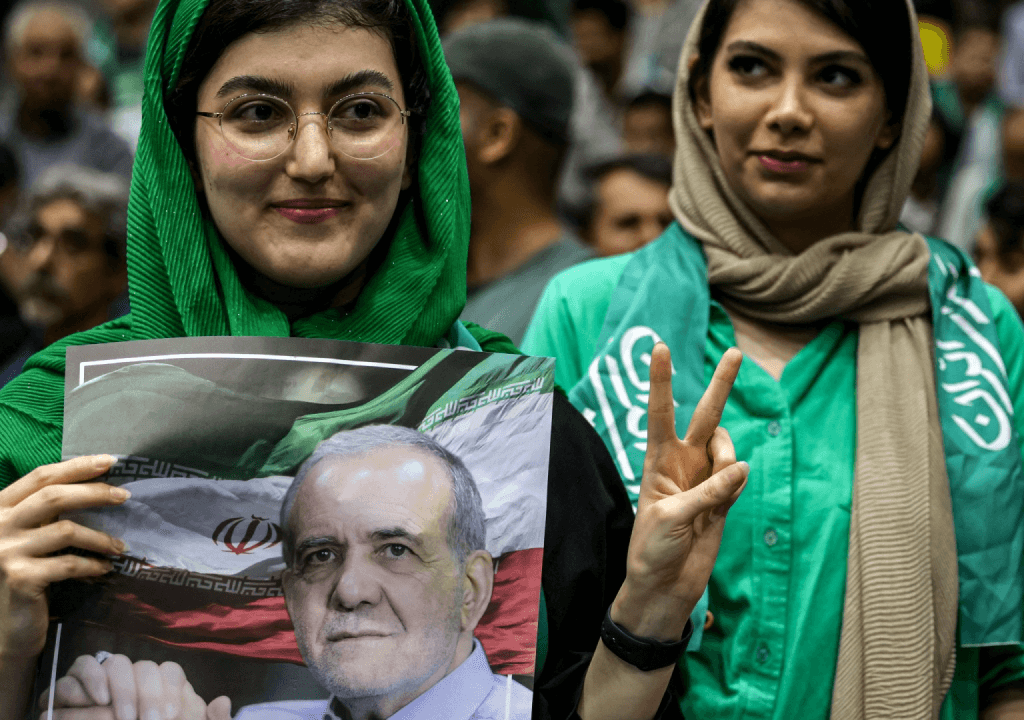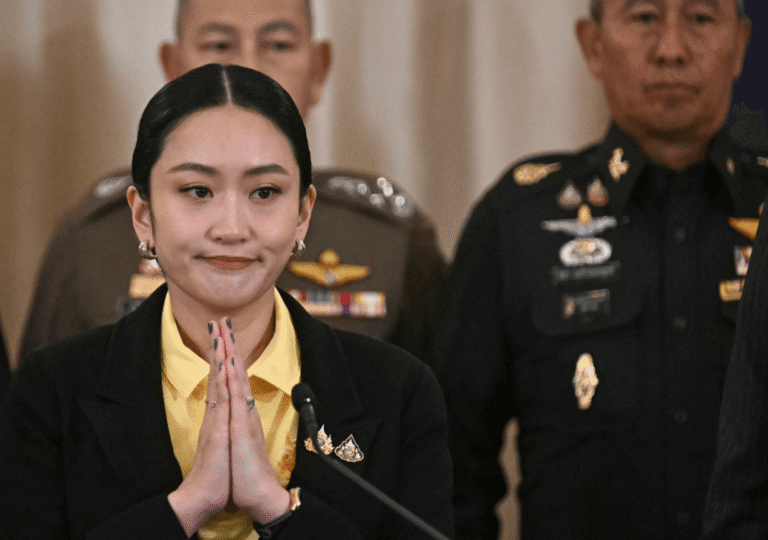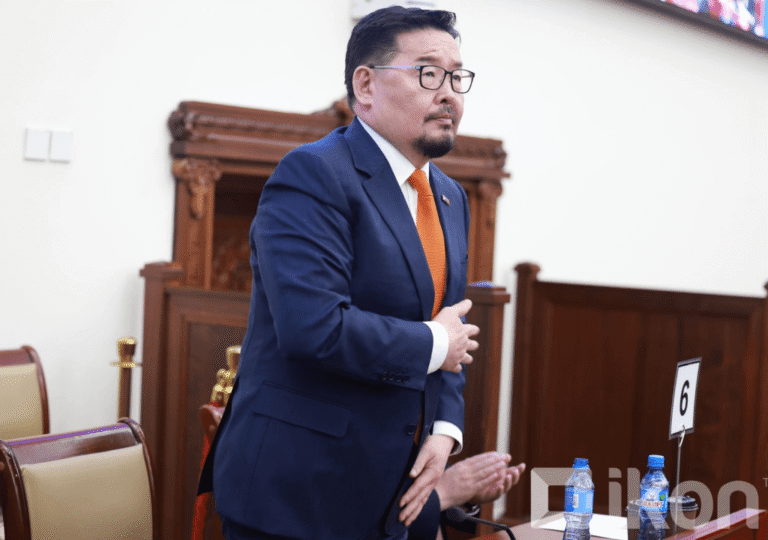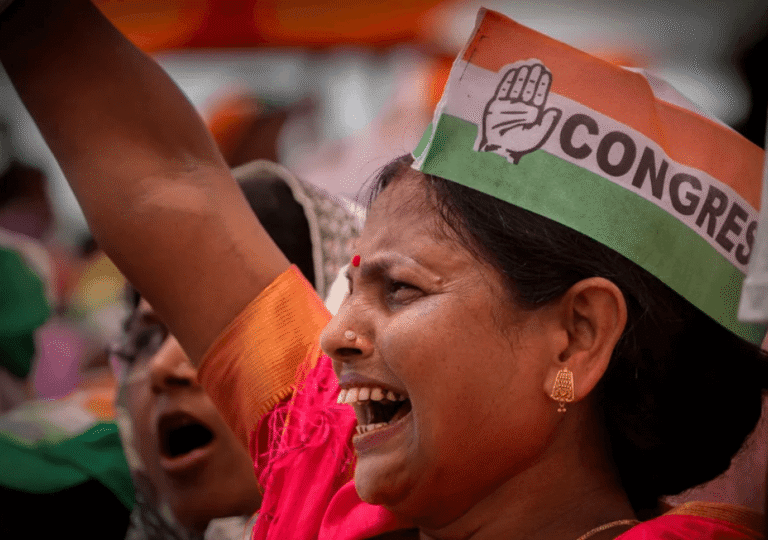The reformist Masoud Pezeshkian, an independent candidate, has achieved a stunning victory in the Iranian presidential runoff, reflecting deep dissatisfaction with the country’s direction in recent years. Pezeshkian, a heart surgeon and former health minister, garnered 16,384,403 votes, defeating the ultra-conservative Saeed Jalili, who received 13,538,179 votes, with a final turnout of 49.8%, a significant increase from the record low turnout of 39% in the first round, the lowest in the history of the Islamic Republic founded after the 1979 revolution. In the first round, Pezeshkian emerged as the frontrunner, surpassing three conservative rivals. Although no candidate secured the required percentage of votes, in the second round conducted on July 4th, concerns arose about late-stage rigging and a high number of invalid votes. However, these issues did not sway the outcome in favor of Pezeshkian, highlighting a significant public desire for change.
The path ahead is difficult for Pezeshkian, who has advocated for allowing women to choose whether to wear the hijab in a country with one of the toughest records on human rights and poor women’s rights under a highly Islamist regime. He has stated, “Girls and women belong to us, not to foreign powers. We have no right to enforce citizenship rights on them. We cannot cover women’s heads through coercion”. Iran witnessed a huge wave of protests after the death of Mahsa Amini, who was killed in connection with the hijab issue, which caused significant discontent in the country.
Under the slogan “For Iran”, Pezeshkian promised to be a voice for the voiceless and said that democratic protests should not be met with police batons. The regime’s police treated protests very cruelly under Raisi’s tenure, and deaths were often reported. There were immediate calls from Pezeshkian’s supporters to release political prisoners, symbolizing the pent-up demands he may struggle to satisfy. He also advocated for ending internet restrictions that force the population to use VPN connections to bypass government censorship.
Pezeshkian is also notable for his support of multi-ethnicity. He frequently reflects on his Azeri heritage despite being from a predominantly Kurdish city, emphasizing his view of Iran as a unitary state. He advocates for ethnic rights as a means of maintaining national unity. Though The biggest hurdle for Pezeshkian will be the country’s struggling economy. During the campaign, he argued that Iran had become economically trapped due to its foreign policy and needed to adopt a more cooperative stance to explore the lifting of sanctions.
Despite these variations from the regime’s conventional presidents, how much he can move with it is in doubt. Previously, when Iran had reformist presidents, they seemed to continue with the regime’s direction and did not question the conventional decisions that restricted human rights and women’s rights. The system of Iran works like this. Pezeshkian will also likely lead in this direction. However, as the regime understands the anti-regime mindset in the country, there are some reports that the regime will loosen up and present Pezeshkian as the changing face of the regime to the people.
The West now faces a decision: whether to support Pezeshkian or continue with the blanket of sanctions in response to the ongoing escalation of Iran’s nuclear program and its support for Hezbollah in Lebanon and Yemen’s Houthi rebels. Reports indicate that Iran is enriching uranium to near weapons-grade levels and has a stockpile sufficient to build several nuclear weapons, though it lacks the warheads or missile technology. Additionally, Iran is providing Russia with drones for use in Ukraine and reportedly assisting Armenia in the conflict with Azerbaijan. Both actions are against the interests of the West. The U.S. State Department has stated that Pezeshkian’s election will not alter the U.S. approach to Iran. U.S. officials highlighted the election boycott by a significant portion of Iranian voters and remarked, “The elections in Iran were not free and fair. As a result, a significant number of Iranians chose not to participate at all.” However, in the case of Europe, there is a chance of deviation. We are awaiting moves from Germany and Hungary, who might potentially establish a relationship with Iran. It is certain that Pezeshkian will continue fostering warm relationships with Russia, India, and China.
According to the Islamic Republic constitution, which aligns closely with Sharia law and maintains the Supreme Leader as the final authority, the president has limited room for maneuver. There is no expectation that these elections will lead to a fundamental change in Iran’s trajectory or an increase in respect for citizens’ human rights. As the candidates themselves have acknowledged, Iran’s policies are dictated by the Supreme Leader. Therefore, any reforms initiated by a reformist president are likely to encounter significant obstacles. He faces an uphill task in uniting the country, as his conservative opponents strongly objected to being compared to the Taliban by the reformists and viewed him as a Western agent, along with his supporters who are seen as individuals who have succumbed to Western influences, particularly in breaking internet filters. Additionally, he will need to decide whether and how to reconcile with the Islamic Revolutionary Guard Corps. However, even small improvements in people’s lives and rights could benefit the populace.








